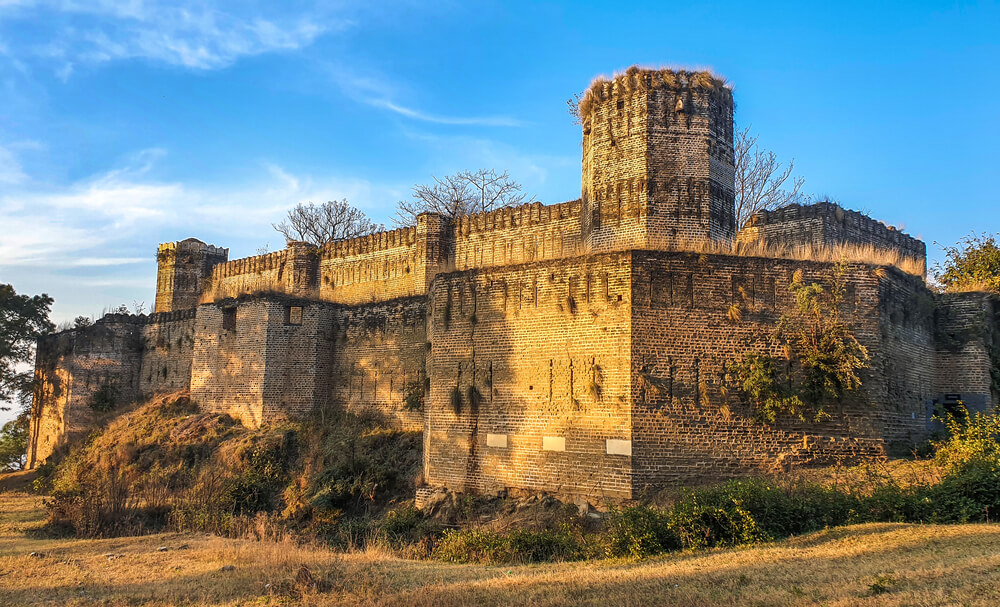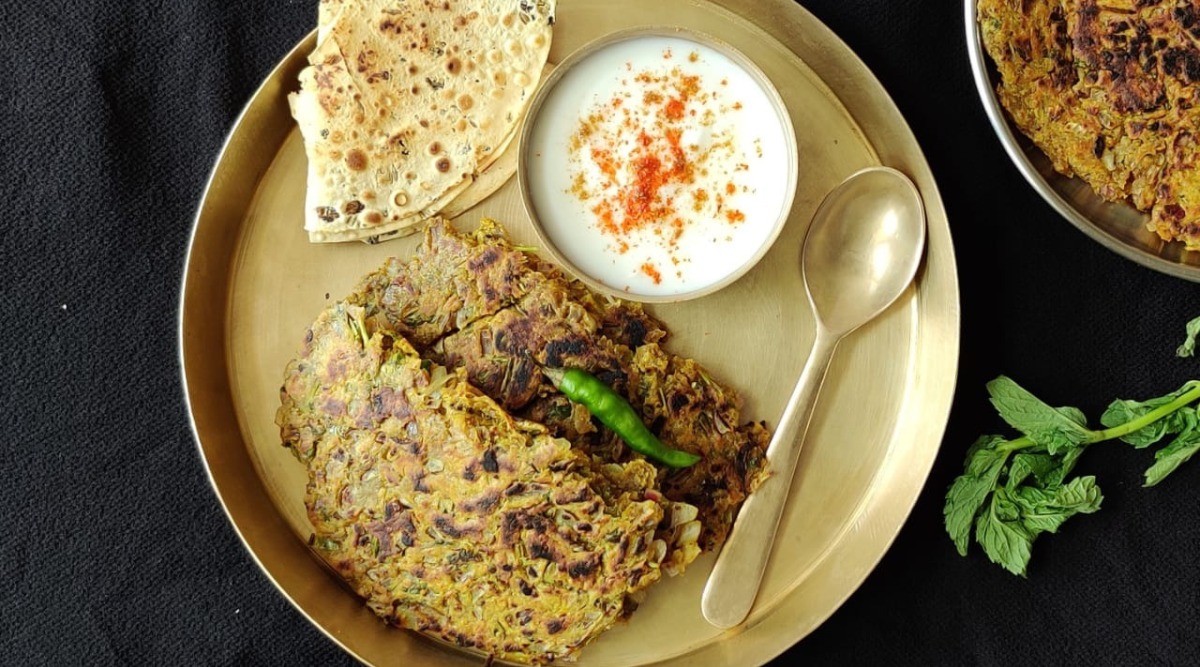Introduction
Located on the east bank of the mighty Indus River, Hyderabad is one of Pakistan’s oldest and most historically significant cities. It is the second-largest city in Sindh province and is known for its rich cultural heritage, unique architecture, thriving bazaars, and flavorful traditional cuisine. Once a capital city and a stronghold of Sindh’s ruling dynasties, Hyderabad today stands as a living museum of the region’s glorious past. This article explores the history, key tourist attractions, and popular local dishes that make Hyderabad, Sindh, a must-visit destination.
Historical Background of Hyderabad, Sindh
The foundation of Hyderabad dates back to 1768 when it was established by Mian Ghulam Shah Kalhoro, a ruler of the Kalhora dynasty. The city was initially known as Neeroon Kot, named after its earlier ruler. Mian Ghulam Shah renamed it Hyderabad in honor of Hazrat Ali, who was also known by the name Hyder. Under the Kalhora and later the Talpur dynasties, Hyderabad flourished as a cultural, military, and trade hub. Its strategic location on the Indus River made it a focal point for commerce and governance.
Hyderabad served as the capital of Sindh until 1843 when the British defeated the Talpur rulers in the Battle of Miani and annexed Sindh into the British Raj. Despite losing its status as the provincial capital, Hyderabad retained its importance as a center of education, art, and industry. It became renowned for its glass bangle industry, Ajrak printing, and traditional Sindhi handicrafts, many of which are still produced and sold today.
Top Tourist Attractions in Hyderabad, Sindh
Hyderabad is dotted with landmarks that reflect its storied past and vibrant culture. From historical forts to bustling markets, the city offers a variety of attractions that captivate the imagination.
Pakka Qila (Strong Fort)
Built by Mian Ghulam Shah Kalhoro in 1768, Pakka Qila is a symbol of Hyderabad’s historical and military heritage. The fort was constructed using burnt bricks (thus the name “Pakka”) and served as a defensive structure for the Kalhora and later the Talpur dynasties. Although much of the fort is in ruins today, it still stands as a testament to the city’s former grandeur. Visitors can explore remnants of ancient walls and gateways that once protected the city from invaders.
Rani Bagh (Queen’s Garden)
Rani Bagh is one of the largest and most popular parks in Hyderabad. Originally established as a botanical garden during the British era, it has evolved into a recreational complex featuring a zoo, children’s play area, boating lake, and walking tracks. The lush greenery and serene environment make it a favorite spot for families and nature lovers.
Sindh Museum
Located near Rani Bagh, the Sindh Museum is a cultural treasure trove that offers a comprehensive overview of Sindhi heritage. The museum houses artifacts, clothing, jewelry, musical instruments, manuscripts, and pottery from various historical periods. Life-size dioramas depict traditional village life, festivals, and customs. It is an excellent place for tourists and locals alike to learn about the rich traditions and history of Sindh.
Tombs of the Talpur Mirs
Situated in the Hirabad area, the tombs of the Talpur Mirs are architectural marvels that reflect Islamic and Persian influences. These mausoleums are the final resting places of the Talpur rulers who governed Sindh before the British annexation. The tombs are adorned with intricate tile work, calligraphy, and decorative domes, making them a captivating site for history enthusiasts and architecture lovers.
Shahi Bazaar
Shahi Bazaar is one of the oldest and longest bazaars in Asia. Stretching from the Pakka Qila to the Market Tower (Ghanta Ghar), this market is a bustling hub of activity. Shoppers can find everything from traditional Sindhi attire, Ajrak, and Sindhi Topi to glass bangles, embroidery, and handicrafts. The market’s vibrant atmosphere and historical setting make it a must-visit for anyone wanting to experience the local culture firsthand.
Market Tower (Ghanta Ghar)
Built during the British colonial era, the Market Tower, or Ghanta Ghar, stands at the center of Shahi Bazaar. It features a large clock and colonial-style architecture that reflects the British influence on the city’s infrastructure. It serves not only as a landmark but also as a bustling meeting point surrounded by shops and eateries.
Al-Manzar Park and Indus River View
Located along the banks of the Indus River, Al-Manzar Park is known for its scenic views and tranquil ambiance. It offers walking paths, picnic spots, and riverfront benches where visitors can relax and enjoy the sunset. The park also provides boating opportunities and is a popular destination for couples and families.
Ganjo Takkar Hills
Ganjo Takkar, meaning “Bald Hill,” is a limestone hill range located on the outskirts of Hyderabad. The area is rich in fossils and is of interest to geologists and nature enthusiasts. It offers panoramic views of the city and surrounding plains. Some ancient Buddhist stupas and ruins have also been found in the vicinity, adding archaeological interest.
Hyderabad Gymkhana and Club Road
For those interested in colonial history, a visit to the Hyderabad Gymkhana is worthwhile. Established during British rule, the Gymkhana club and its surroundings on Club Road offer insights into colonial lifestyle and architecture. The area is now home to various restaurants and event venues that blend old-world charm with modern amenities.
Special Dishes and Local Cuisine
Hyderabad is not just a feast for the eyes but also for the palate. The city offers a wide range of traditional Sindhi dishes that reflect its diverse heritage and love for spices and rich flavors.
Sindhi Biryani
Unlike other types of biryani, Sindhi Biryani is known for its spicy, tangy flavor and the inclusion of potatoes along with marinated meat (usually chicken, mutton, or beef). It’s often garnished with fried onions, mint, and green chilies and served with yogurt raita or salad.
Sai Bhaji
A nutritious and hearty dish, Sai Bhaji is made from spinach, lentils, and various vegetables, all cooked with traditional spices. It is usually served with rice or chapati and is a staple in many Sindhi households.
Sindhi Koki
Koki is a thick, crispy flatbread made from wheat flour, onions, green chilies, and spices. It is commonly eaten for breakfast and is often served with yogurt or pickles.
Tuk Patata
These are double-fried potato slices seasoned with spices and salt. Crispy on the outside and soft on the inside, Tuk Patata is a beloved street food and side dish.
Pallo Machhi
A delicacy from the Indus River, Pallo Machhi (Hilsa fish) is traditionally fried or cooked with spices and served with rice. It’s especially popular during fishing seasons and festive occasions.
Lassi and Falooda
To beat the heat, locals often enjoy Lassi (a yogurt-based drink) and Falooda (a cold dessert made with vermicelli, rose syrup, and milk). These drinks are widely available in local eateries and street stalls.
Summary
Hyderabad, Sindh, is a city that encapsulates the essence of Sindhi culture, history, and hospitality. From ancient forts and majestic tombs to vibrant bazaars and mouth-watering dishes, every corner of the city tells a story. Whether you’re walking through the lanes of Shahi Bazaar, admiring the artistry in the Sindh Museum, or tasting authentic Sindhi biryani, the experience is both enriching and unforgettable. If you’re planning a trip to explore the heart of Sindh, Hyderabad should undoubtedly be at the top of your list.





